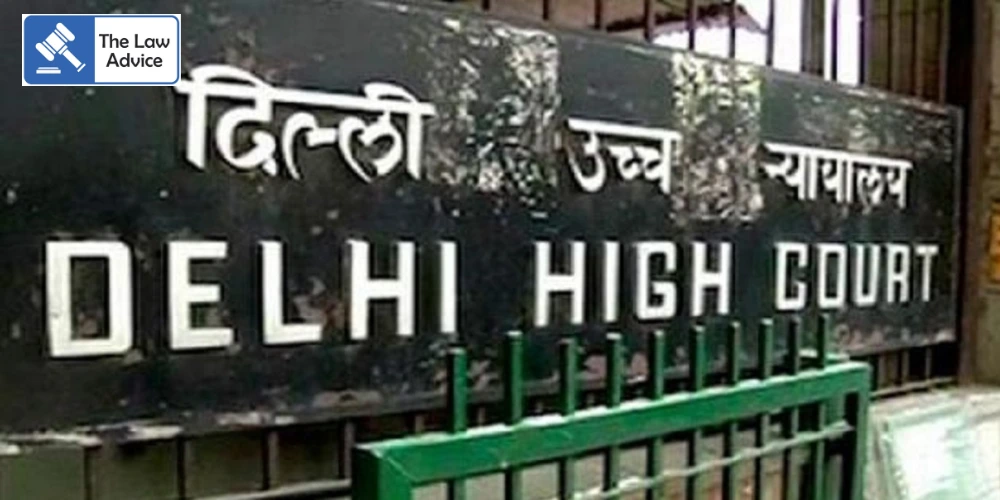In a strongly worded judgment underscoring the ethical obligations of lawyers, the Delhi High Court has dismissed an appeal filed by an advocate who staked a personal claim over the immovable property allegedly left behind by his deceased client.
A Division Bench comprising Justice Anil Kshetarpal and Justice Harish Vaidyanathan Shankar made it clear that members of the legal profession, being officers of the court, carry a responsibility that goes beyond personal interests.
“The lawyers practising in the Court are considered Officers of the Court, who are expected to help the Courts in advancing the cause of justice, while ensuring justice for the poor, downtrodden and deprived. There is a big responsibility on the shoulders of practising advocates to maintain the grace and reputation of the institution. They are not expected to claim the interest in the property left behind by their clients,” the Bench observed.
The dispute traces back to a civil suit filed by Sarabjit Singh, who claimed that one Surendra Mohan Tarun (since deceased) had sold him a property but later unlawfully dispossessed him.
The deceased-defendant, represented by his counsel Suraj Saxena (the Appellant herein), denied having sold the property and asserted ownership.
Following the defendant’s death, the plaintiff discovered that the property carried the nameplate of the advocate himself. This prompted the plaintiff to seek the appointment of a Receiver, arguing that the property had fallen into questionable hands.
Aggrieved by the civil court’s order appointing a Receiver, the advocate moved the present appeal before the High Court. He contended that his client, the deceased defendant, had executed a registered Will bequeathing the property to him.
In support of his claim, he sought to overturn the Receiver’s appointment and establish his ownership over the property.
The High Court, however, found little merit in the advocate’s plea. It noted that:
• The plaintiff’s documents underwent forensic examination and were found to be genuine.
• The legal heirs of the deceased had also staked claims to the property, undermining the advocate’s assertion of exclusive rights.
• The trial court had rightly appointed a Receiver in order to safeguard the property’s status during litigation.
Reiterating its disapproval of advocates asserting claims over their client’s assets, the Bench held that such conduct not only raises doubts over professional integrity but also risks diluting public confidence in the legal system.
Concluding that the trial court’s order served the cause of justice, the Bench dismissed the appeal, stating:
“The civil court had rather served the cause of justice by appointing a Receiver, because the Appellant, at the cost of repetition, claims that his client (Defendant) executed a Will in his favour.”
Accordingly, the appeal stood dismissed.
Case Details
• Case Title: Suraj Saxena v. Sarabjit Singh
• Case No.: FAO(OS) 75/2025
• Coram: Justice Anil Kshetarpal and Justice Harish Vaidyanathan Shankar
• Counsel: Mr. Aatreya Singh for Appellant; Mr. Udit Arora for LRs.; Mr. Nishant Datta, Mr. Chirag Rathi, Mr. Kunal Sejwal, Mr. Dipesh Kashyap, and Mr. Yatharth Rathi for Respondent (Plaintiff)
